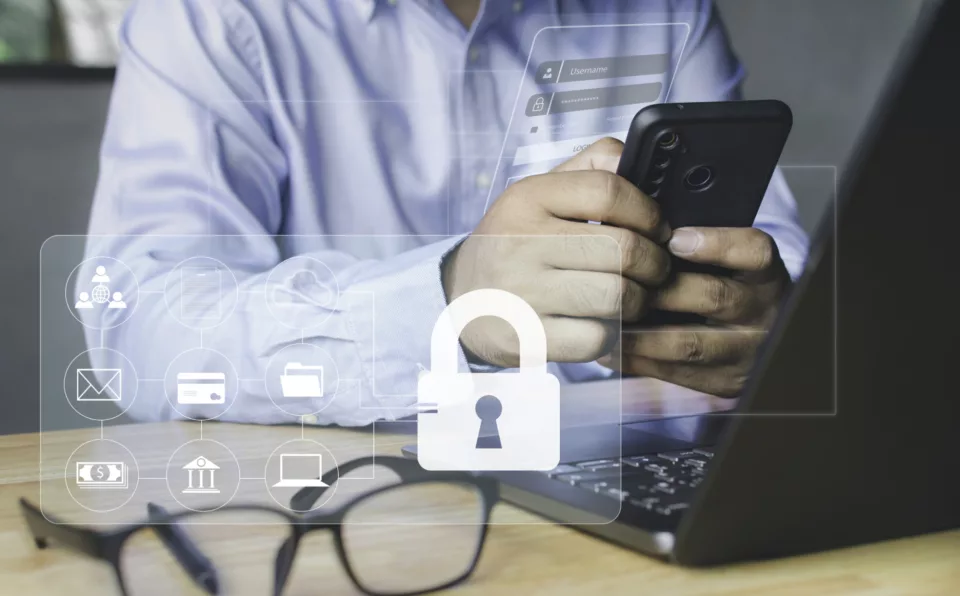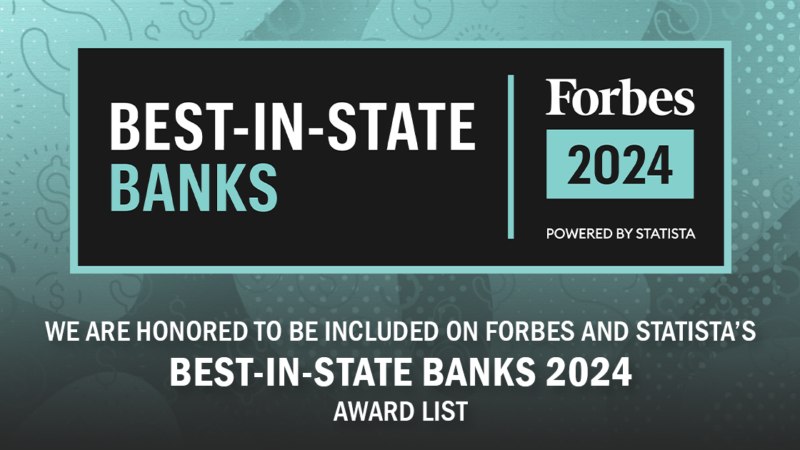Protecting Your Business Against the 3 Most Common Types of Fraud

As a business owner, it is more important than ever to safeguard your business against potential fraud, which can be costly, time-consuming, and potentially damaging to your reputation. Here are three of the most common types of fraud that businesses face – and how you can protect your business from them.
Phishing
What it is: An attacker sends emails or text messages that appear to be from a legitimate source, such as a bank or other financial institution, but contain links or attachments that can infect your computer with malware or steal sensitive information such as passwords, credit card numbers, or other personal data.
What you can do:
- Educate yourself and employees on red flags that signal a scam or suspicious messages – for example, ones that don’t look or sound like previous communications, have spelling or punctuation errors, ask you to reset your password, ask for personal account information, pressure you to act immediately, or demand that you transfer money.
- Never click on any links or download attachments that look suspicious, or that you are not expecting. Instead, verify that the request from the vendor, partner, or financial institution is legitimate by calling or emailing them directly.
- Use strong and unique passwords for all your devices and accounts, change them regularly, and enable extra security features, including multifactor authentication, PIN, and biometrics (fingerprint sign-on or facial recognition).
- Install anti-phishing software that can help to detect and block suspicious messages.
- Apply security updates to your mobile device and computers. These updates fix vulnerabilities that fraudsters may use to gain access to information.
Check Fraud
What it is: An attacker forges or alters a check to steal money from your business through counterfeiting, altering the payee or amount, or stealing checks.
What you can do:
- Work with a bank that provides a positive pay feature, which can prevent many cases of check fraud and give business owners peace of mind. With positive pay, your business uploads a list of approved checks to the bank, so that when a check is presented for payment, the bank can verify that the check matches the information on the approved list. If the check does not match, the bank will reject it and notify you of the discrepancy.
- Secure your checks. If you deposit checks electronically, store the paper checks securely until the deposit is verified and then destroy them.
Payment Fraud
What it is: An attacker steals funds – through hacking into your system, stealing login credentials, or phishing – and then initiates unauthorized transactions, such as wire transfers or ACH transactions, from your business account.
What you can do:
- Work with your bank to implement dual controls, a security measure that requires two or more people to authorize a transaction before it can be processed. This means that one person initiates the transaction, and another person verifies and approves it.
- Restrict access to financial accounts to only those employees who need it.
- Regularly monitor all financial accounts for any unusual activity and report any suspicious transactions to your bank immediately.
Washington Trust: Your partner in preventing business fraud
Fraudsters are becoming more sophisticated in their tactics, making it more difficult for businesses to protect themselves. It’s important to work with a bank that knows you and that you can trust to help keep your business safe.
Washington Trust’s Cash Management Services provide fraud protection to help minimize your organization’s risk and provide you with the tools you need to protect your business. And should your business experience fraud, your Washington Trust banker will be by your side, walking you through the process to help mitigate risks and losses.
Contact a Trusted Advisor
For more information or to speak with one of our trusted advisors about your unique financial needs, contact us at 800-475-2265 or submit an online form.











